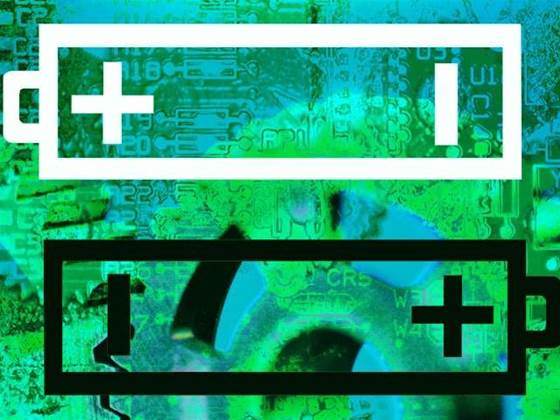Microsoft has denied recent claims that Windows 7 may be affecting battery performance in laptop computers, maintaining that any problems lie with the batteries themselves.
The company explained in a blog post yesterday why the operating system is recommending a battery change for some laptop users, and describing the reasons behind the alerts.
Many people have reported a notification in Windows 7 that allies itself with the battery meter icon, and informs users if the system senses that the battery needs replacing.
Some users have suggested that this is the fault of Windows 7, or is an error caused by the new operating system, but Microsoft has denied these assertions.
"Several press articles this past week have drawn attention to blog and forum postings by users claiming that Windows 7 is warning them to 'consider replacing your battery' in systems which appeared to be operating satisfactorily before upgrading to Windows 7," wrote Windows president Steven Sinofsky on the Windows engineering blog.
He stressed that the failing batteries are not the fault of Windows, and that the warning correctly identifies the need for a new battery.
"To the very best of the collective ecosystem knowledge, Windows 7 is correctly warning that batteries are in fact failing, and Windows 7 is neither incorrectly reporting on battery status nor in any way whatsoever causing batteries to reach this state," he added.
"In every case we have been able to identify that the battery being reported on was in fact in need of recommended replacement."
Sinofsky explained that PC batteries degrade over time, and lose their ability to hold a charge.
"A quick check of mainstream laptops will show that batteries usually have a warranty of 12 months, which is about the length of time when statistically we expect to see noticeable degradation (meaning that you start to notice the need to charge more frequently)," he said.
Microsoft estimates that by the time a laptop is a year old it will hold its charge for just two hours, as opposed to the five hours it would have provided when new.
Windows 7 has a threshold of 60 percent battery degradation, so any laptops performing at 40 percent of designed capacity will cause the message to appear.
Sinofsky claimed that an internal Microsoft investigation had proved that the messages were not false positives, and were not incorrectly warning about perfectly healthy batteries.


_(20).jpg&h=140&w=231&c=1&s=0)
_(23).jpg&h=140&w=231&c=1&s=0)
.png&h=140&w=231&c=1&s=0)






 iTnews Executive Retreat - Security Leaders Edition
iTnews Executive Retreat - Security Leaders Edition
 iTnews Benchmark Awards 2026
iTnews Benchmark Awards 2026
 iTnews Cloud Covered Breakfast Summit
iTnews Cloud Covered Breakfast Summit
 The 2026 iAwards
The 2026 iAwards












_(1).jpg&h=140&w=231&c=1&s=0)



